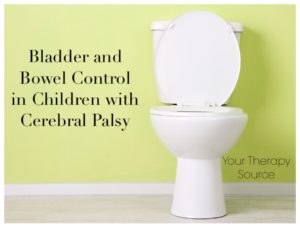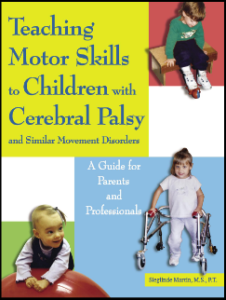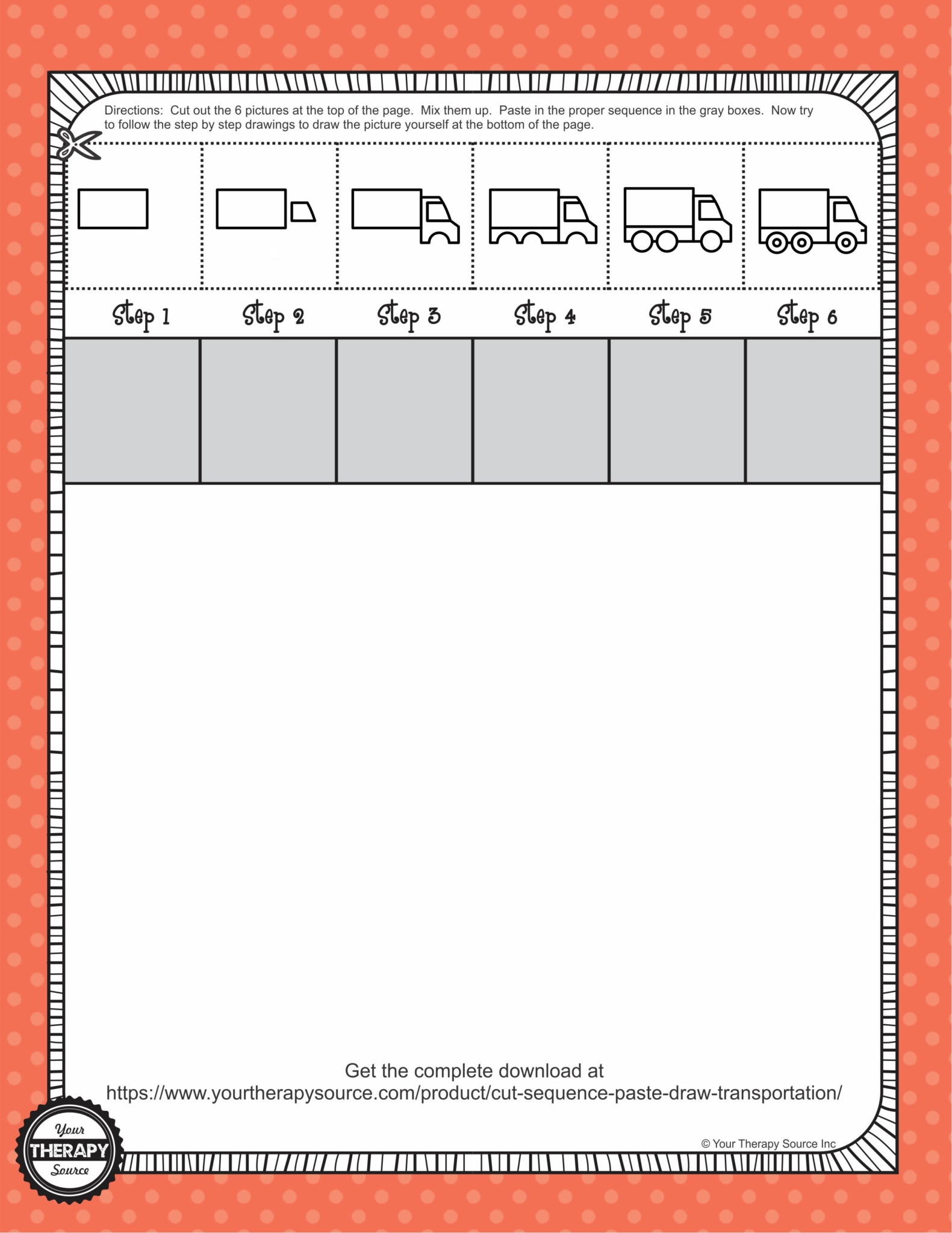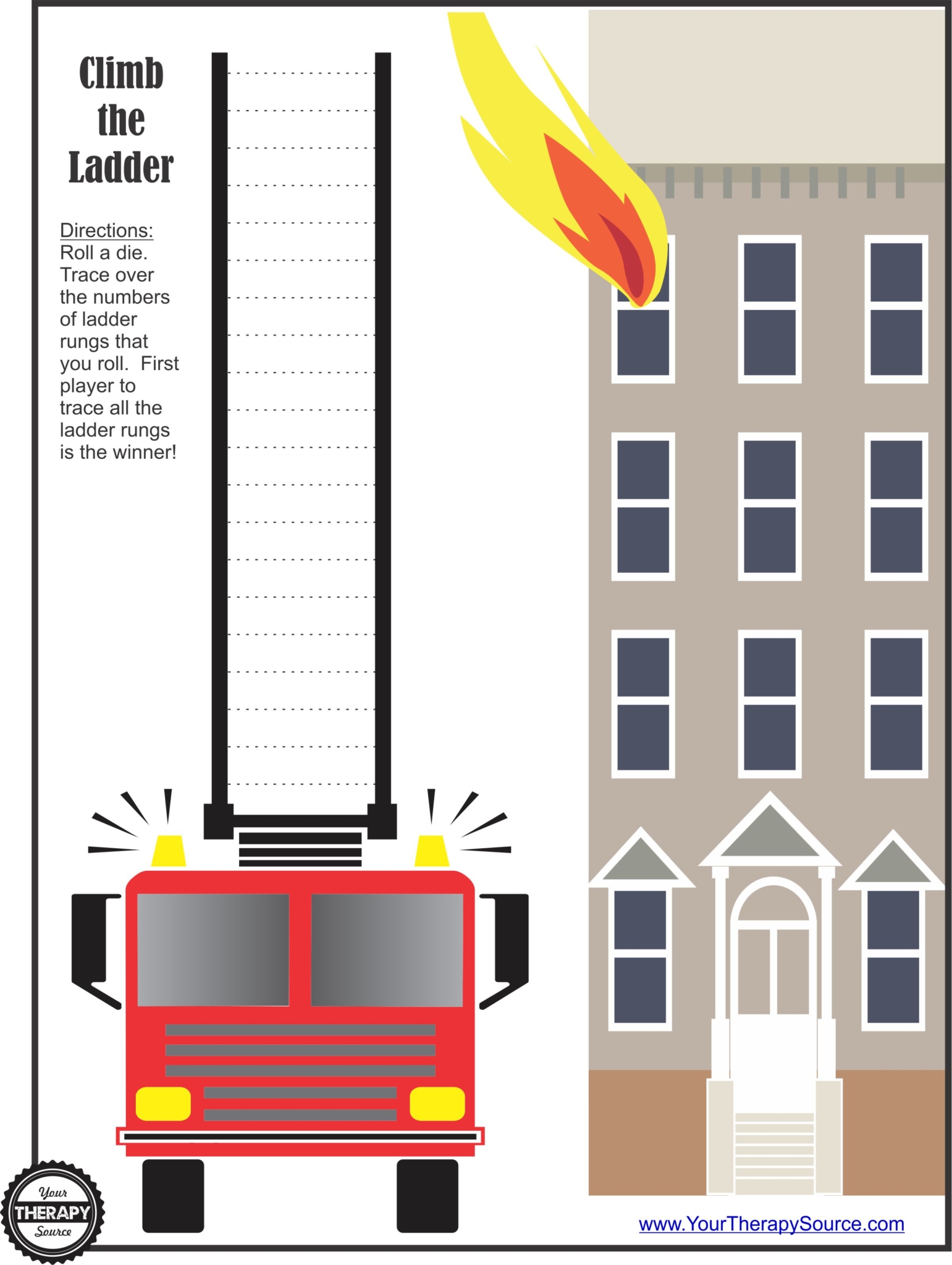Bladder and Bowel Control in Children with Cerebral Palsy
The Journal of Pediatric Urology published research on interviews regarding 346 children with bilateral cerebral palsy (BCP) to describe the age of bladder and bowel control, intellectual impairment and severity of motor disability.
The results indicated the following:
- median age for daytime bladder and bowel continence in BCP children was 5.4 years compared with 2.4 years in the controls.
- at 13.8 years of age, 59.4% of BCP children and 99% of controls were continent by day and 51.9% of BCP children compared with 99.4% of controls were continent for bowel and bladder at night.
- there was no difference between the attainment of daytime bladder and bowel control in children with cerebral palsy.
- Night-time bladder and bowel control was slower and less completely attained, with 50% of BCP children continent by the age of 11.8 years compared with 3 years in control children.
- Gross Motor Functional Classification Score (GMFCS) and intellectual ability were strongly associated with continence attainment but gender was not.
The researchers concluded that 60.8% of children with BCP were continent by day and 54.6% by night at the age of 17 years. Of the children with BCP who were continent during the day, 86% achieved this by 5.5 years old. The majority (88%) of the children with BCP GMFCS I/II with normal, specific or mild learning impairment were continent for bladder and bowel by day and night.
Reference: Wright AJ, et al. Bladder and bowel continence in bilateral cerebral palsy: A population study. J Pediatr Urol. 2016 Jun 11. pii: S1477-5131(16)30116-4. doi: 10.1016/j.jpurol.2016.05.027. [Epub ahead of print]




